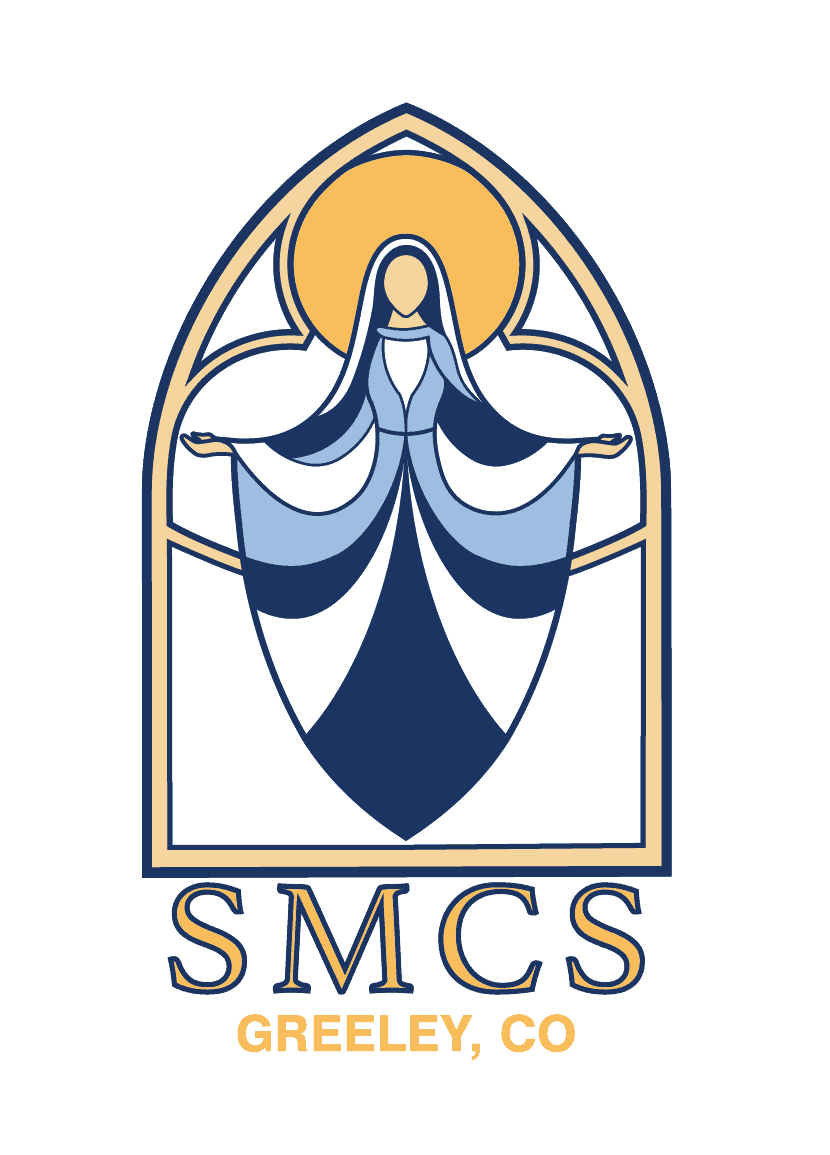Below you will find a comprehensive list of what your child will learn or review over the course of a year in PK3:
Art
- Hold a crayon correctly.
- Draw using different colors.
- Clean and take care of self and materials used in activities.
- Identify tools needed for an art project.
- Use tools in an appropriate manner.
- Return materials to their proper place.
- Develop the ability to work alone or in small groups.
- Show interest in the artwork of others.
- Show pride of accomplishment.
- Hold scissors properly.
Literacy / Language Arts
- Ask and answer questions.
- Give his / her first and last name.
- Speak in clear and complete sentences.
- Communicate basic needs appropriately.
- Participate in appropriate role play.
- Take an active part in group activities.
- Take turns in a discussion.
- Demonstrate attentive listening skills without interrupting.
- Follow simple oral directions.
- Listen and repeat words, phrases, and simple sentences.
- Attempt to write part or whole first name.
Math
- Count orally from 1 to 10.
- Recognize numerals 1 to 5 in random order.
- Recognize the difference between numbers and letters.
- Construct models with blocks and puzzles.
Music
- Listen and respond to music.
- Sing alone and with others.
- Develop a repertoire of songs to be sung from memory.
- Identify a favorite song.
- Recognize familiar songs when played or sung.
Health, Safety, and Physical Education
- Use playground equipment appropriately.
- Demonstrate body-space awareness and personal control.
- Develop self-help skills.
- Dress self with minimal help.
- Wash hands before eating, after toilet, after outside playtime, after coughing, sneezing, nose blowing, or when asked.
- Use toilet facilities appropriately.
- Use tissue to blow nose, and dispose of it properly.
- Clean up personal space after lunch, snack time, etc.
- Stand in line appropriately.
- Take turns with guidance when playing games.
- Respect the abilities of others.
- Recite his / her first and last name.
- Follow school rules.
Religion
- Recognize his / her own goodness.
- Recognize Jesus as a friend and teacher.
- Exhibit the ability to share, care for, love, and forgive others.
- Recognize the love others have for her/him.
- Discuss that God’s love makes him/her special.
- List some of the people who love him/her.
- Use Jesus as a role model.
- Recognize that all God’s creation is good.
- Acknowledge that everything/everyone is created by God.
- Begin to accept responsibility for our world and all living things.
- Experience signs and symbols of church, i.e. Sign of the Cross, genuflecting, kneeling, bowing, tabernacle, blessing with holy water.
- Acknowledge that Mary is the Mother of Jesus.
- Experience that God speaks to us through the Bible and its stories.
- Know that prayer is talking and listening to God.
- Recite simple prayers, i.e. The Sign of the Cross, meal blessing, Angel of God, Hail Mary, etc.
- Know that God listens to our prayers.
- Listen respectfully to God’s word.
- Verbalize spontaneous, personal prayers.
- Discuss that he/she may pray at any time or in any place.
- Discuss that each person has feelings.
- Discuss ways to express sorrow, anger, happiness, and love.
- Identify own feelings.
- Express feelings and emotions in a developmentally appropriate manner.
- Respect the feelings of others.
- Realize that God loves us and forgives us.
- Practice ways to forgive others.
- Discuss consequences of inappropriate behavior.
Science
- Observe changes in weather.
- Discuss appropriate dress for various weather.
- Observe the changes in the seasons.
- Observe the difference between day and night.
Social Studies
- Use vocabulary such as before and after.
- Sing and rhyme to explore vocabulary associated with calendar, i.e. day, week, month, year.
- Demonstrate awareness of location and direction by using vocabulary like up, down, far, close, above, inside, outside, next to, over, and under.
- Discuss the relationship between weather and dress.
- Recognize the flags of the United States and Colorado.
- Recognize the importance of rules and laws.
- Be responsible for personal items.
- Respect others and their property.
- Cooperate with others.
- Show kindness toward others.
- Take an active role in class i.e. standing up for self.
- Identify needs, i.e. shelter, food, parents, etc.
- Realize that resources are limited.
- Realize that we must not waste.
- Realize that we must keep our Earth safe and clean.
- Accept responsibility for classroom jobs and assignments.

